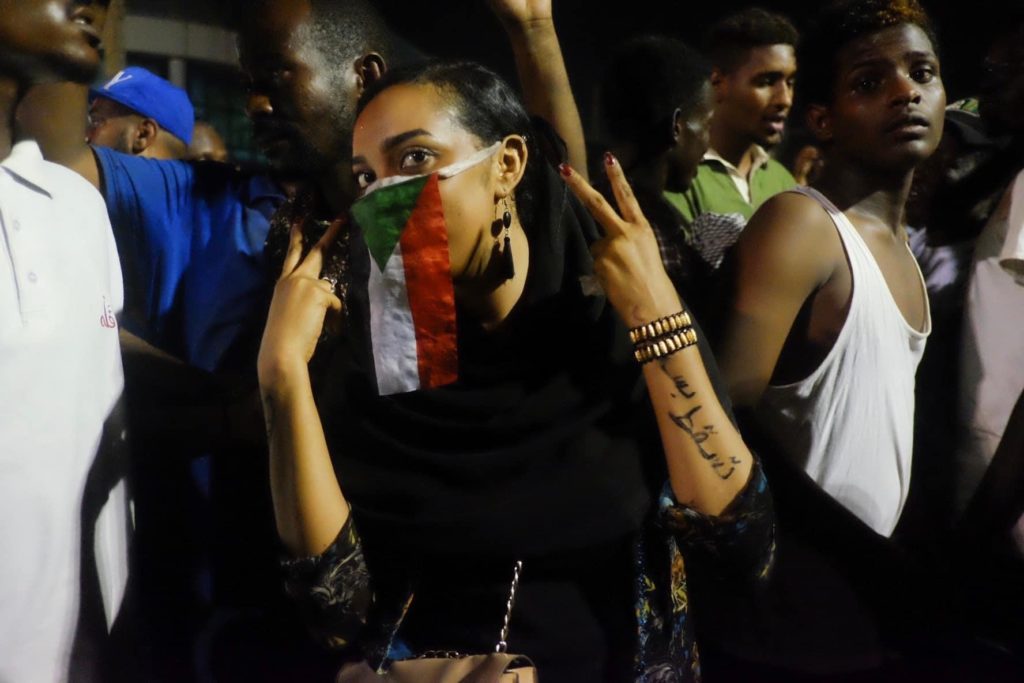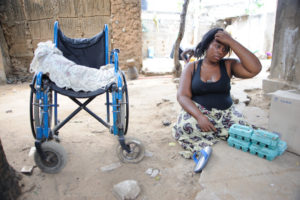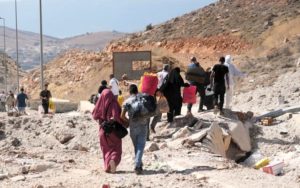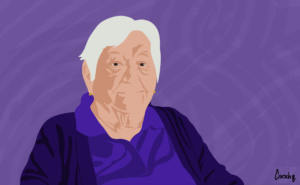
The conflict currently engulfing Sudan began on the 15th of April 2023 and since then, the country has been immersed in chaos and violence. Estimates suggest that 15,500 people had been killed by the end of June 2024 as a result of the conflict. Widespread sexual violence towards women and girls and ethnically motivated killings of non-Arab groups like the Masalit in Darfur have been reported. According to the UN’s International Organisation for Migration, more than 10 million people have been forced to flee, leading to the current largest global displacement crisis. The Integrated Food Security Phase Classification warns that over 755,000 Sudanese are facing famine in the next few months, while another 8.5 million people are at Phase 4, the second most severe level of starvation, where the risk of hunger-related deaths is rapidly increasing.
Despite the scale of widespread violence and suffering, the international community has been slow to respond to the cries of the Sudanese people with the conflict receiving limited media coverage. When it has been mentioned, the conflict has often been referred to as the “war of two generals”, focusing on a “personal rivalry” between General Abdel-Fattah al-Burhan and General Mohamed Hamdan Dagalo. This narrative reduces the war in Sudan to a domestic conflict, exempting international state and corporate actors from their responsibility in exacerbating the violence by supplying the warring parties with weapons. According to the recent Amnesty International report from July 2024, substantial evidence suggests that recently manufactured Turkish, Russian, Serbian, Chinese, Yemeni, and UAE weaponry and ammunition are being supplied to the warring parties in Sudan.
Those international actors who have been keen to deliver aid to Sudan have struggled to pull together an adequate humanitarian response due to the rampant violence, targeting of aid workers, bureaucratic barriers and, more recently, the exploitation of humanitarian aid as a weapon of war by both warring parties.
Despite this vacuum of international assistance, Sudanese mutual aid groups have not allowed their people to be forgotten. These mutual aid groups operate at the local level and have been vital for the survival of millions of struggling Sudanese citizens. Some of these grassroots groups, known as “Emergency Response Rooms” in English (ERRs), have their origins in the Resistance Committees (RCs) that evolved ahead of the Sudanese Revolution in 2018. These groups are not so much institutions, but horizontally organised networks of community-based volunteers that have been essential for the de facto distribution of aid.
While some ERRs have more informal foundations, the RC networks from which many ERRs originate were deliberately decentralised and unofficia in order to avoid violent repression from the state. By not having a clear leader or being registered as a civil society group, they were able to largely stay under the radar of the Sudanese security forces and avoid violent repression. Nevertheless, today, the warring parties have exploited the supposed “political” connection between previously existing RCs and current ERRs as an excuse to target aid workers.
The ERRs within Khartoum state help demonstrate the structure and organisation of these community-based groups. Within the state there are 69 different “base” or community level ERRs, then 23 coordinating ERRs and 7 district level ERRs. This network of groups collaborate through different bodies, the most established being the “State of Khartoum Coordination Unit”. Previously, these groups worked in isolation as coordination made them vulnerable to state oppression, however the scale of the crisis has forced ERRs to establish links between themselves in an attempt to maximise humanitarian aid distribution.
The work of the Kotsi-based ERR in the White Nile state offers an insight into what kind of humanitarian work ERRs have been implementing during the war. This ERR set up shelter centres in dormitories and schools and organised local residents to host displaced people. They also provided a range of medical services, including consultations, tests, treatments, and even referrals to the Wad Madani Hospital. They organised meals for those in need and transport services to reunite family members who had been separated by the violence. Despite their impactful work, the Kotsi ERR had to close as a result of a lack of funds, highlighting one of the most significant challenges for these vital aid groups; financial constraints.
Although the work of local responders such as ERRs is becoming more internationally recognised, they have mostly been excluded from the international process of aid financing and distribution and hence, are struggling to make ends meet. Most groups are partly self-funded and partly supported by the Sudanese diaspora, however, even the vital support from Sudanese citizens abroad is not enough to cover the scale of humanitarian need. The informal nature of ERRs, in which they are not registered as NGOs and therefore cannot receive external funding under standard donor-approved processes, has made their work increasingly challenging. INGOs like the Norwegian Refugee Council, which has managed to offer some support to local groups, has called for international donors to relax their conditions for funding as often, the sheer scale of paperwork required for grants is a significant bureaucratic barrier for these rapid response groups.
Anti-money laundering regulations and other barriers to bank transfers from the UK to Sudan have made it more challenging to support Sudanese citizens on the ground, however, one way in which you can assist these mutual aid groups is by donating to them directly via online platforms like “gofundme”. For example, the Khartoum Aid Kitchen runs 17 kitchens across Khartoum state to ensure that displaced people, as well as those who are not fit for travel, do not go hungry. By donating directly through their “gofundme” page, you can ensure that your money makes a real difference. It should be noted that before donating to any cause, it is worth briefly researching your selected beneficiary as not all online appeals are genuine.
If you are not able to support these groups financially, you can also assist mutual aid groups through advocacy work, ensuring that people are aware of the sacrifices and risks undertaken by local volunteers. When so much of Sudan’s suffering is forgotten and the international community continues to fall short of delivering an adequate response to unfolding atrocities, you can make a small difference.
About the Author: Amaia is a European Social and Political Studies student at University College London who volunteers with UAI. Specializing in the field of comparative politics, she is particularly passionate about understanding the processes that lead to politically motivated violence. She completed this article as part of a month-long internship with UAI this summer.
The opinions expressed in this blog are those of the author and do not necessarily represent the views of United Against Inhumanity (UAI).











